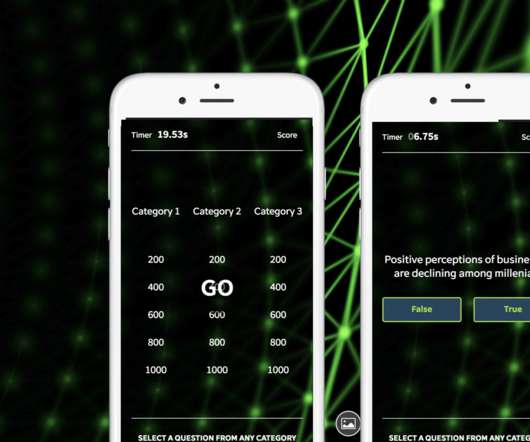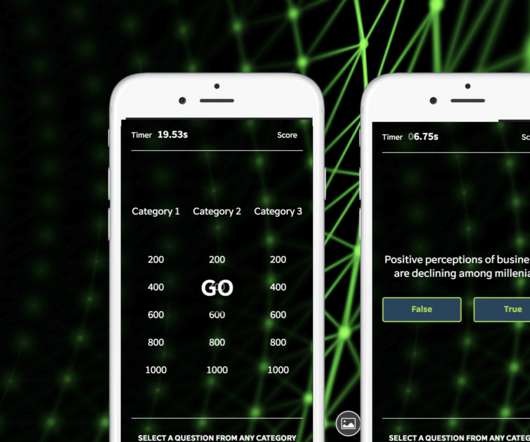Evaluating Your eLearning
eFront
JULY 21, 2015
de Freitas & Oliver 2006, p.262). On the whole, this structured analysis provides a comprehensive support to the training developers and facilitators who work in teams to create game-like trainings. Pedagogic principles require the trainer to integrate learning models and theories in order to design effective eLearning programs.













































Let's personalize your content